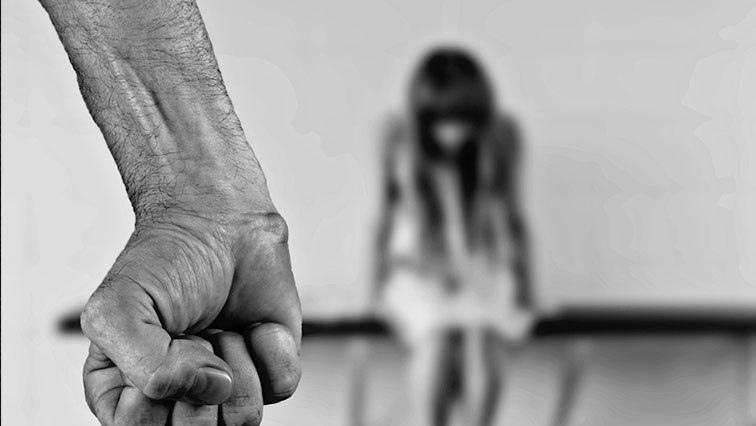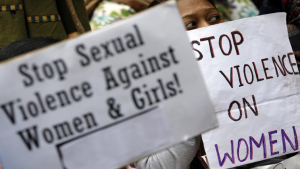Some activists say South Africa may as well be labelled a mass grave for women killed by men. Femicide continues to claim the lives of many women in South Africa. Interventions by government have failed to stop the killing of women by their intimate partners.
The Gender-Based Violence and Femicide National Strategic Plan penned in 2019 has failed to yield desired results. Femicide leaves many children as orphans and many loved ones in pain.
Sofila Maliti’s daughter suffered the same fate. Estella Kambinda was stabbed to death by her husband. The 41-year-old was killed in full view of her two children.
Her mother says seeing her daughter lying in a pool of blood slaughtered still haunts her to this day. Kambinda was killed in 2015 and was buried at Platfontein, near Kimberley, just a few kilometres from her mother’s home.
Malita says, “It’s very painful to lose a loved one like that. My own daughter was slaughter like a sheep, it is really painful to see your child like that. She was a good child and a breadwinner for our family, with her gone and her two children remaining, things are very tough. I am still battling to heal because every time I see my two grandchildren I am reminded of the pain of losing my daughter.”
Kambinda’s killer husband was stoned to death by community members a few hours after her gruesome death. Her children are now orphaned and have both dropped out of High School. The pair shuttle between the two families and have no permanent home.
Kambinda’s uncle Alli Maliti says his niece was married to a violent man. He says the union was full of turmoil and efforts to intervene failed.
“The family tried to mediate whenever they had problems, but their marriage was full of conflict. She often left her marital home to live with us but she always forgave her husband and went back. When she was killed she was living with her mom after he had torched their home,” says Alli.
In the video below, some civil society groups attribute the high number of gender-based violence to the inadequate enforcement of laws and policies.
In Galeshewe Township, Maria Nyathi is still traumatised by the murder of her little sister. Nyathi says her sister Mavis, went missing for 15-days before her decomposed body was found stuffed in a suitcase. She says her sister was killed by her husband whom she married a month before her death.
Nyathi says she never approved of the marriage, as the two only met two-months before the wedlock. Her sister was stabbed and squeezed inside a suitcase, and buried a few kilometres from her house. Her killer husband was sentenced to 13-years behind bars.
“I knew that something was not right, because every time my sister came here, she came with a blue eye, even when they got married my sister had a blue eye. I have no peace, he sent people here to get my numbers and is asking us to meet his family and iron out this matter. I personally feel that the sentence he got for killing my sister is too short,” says Nyathi.
The 17-year-old Portia Nyathi says losing her mother has exposed her to many hardships. Portia and her 6-year-old brother now live with their aunt. They share a small RDP home with six-others. She says the endless killing of women pains her.
On Sunday, another Northern Cape woman was killed. 26-year-old Botshelo Motsomi was bludgeoned to death with a panga by her ex-boyfriend. Her three children aged between 10 and six are now motherless. Motsomi will be buried this coming weekend.
In the video below, SABC News takes a closer look at gender-based violence under lockdown in numbers:






